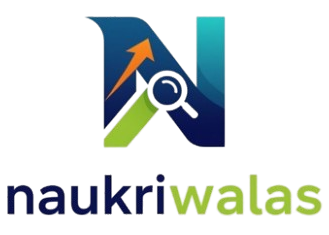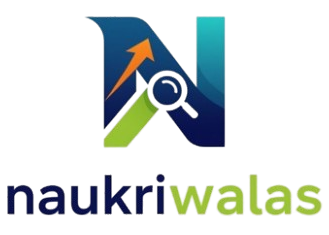Starting a Side Hustle vs. Small Business: Which Path is Right for You?
Starting a side hustle or launching a small business are two popular avenues for individuals looking to enhance their income, pursue their passions, or achieve financial independence. However, the distinction between the two can often be blurred, leading to confusion about which option is best suited for your goals and lifestyle. In this article, we will explore the key differences, benefits, and challenges of starting a side hustle versus a small business, helping you make an informed decision.
Understanding the Concepts
Side Hustle: A side hustle typically refers to buy a small business (https://bizop.org) flexible, part-time venture that individuals engage in alongside their primary job. It usually requires less investment and can be scaled according to the individual's time and resources. Common examples include freelance writing, ridesharing, or selling handmade crafts online.
Small Business: A small business is generally a more formal and structured operation that aims to generate profit on a larger scale. It often involves a significant investment of time, money, and effort to establish and grow. Examples include retail stores, restaurants, or service-based companies.
Key Differences
- Time Commitment:
- Side hustles often require a few hours a week, allowing individuals to maintain their full-time job while pursuing their passion.
- Small businesses demand a significant time investment, often requiring owners to work full-time and manage various aspects of the business.
- Financial Investment:
- Starting a side hustle usually involves minimal financial risk, as many can be launched with little to no upfront cost.
- Small businesses often require substantial capital for startup costs, including inventory, equipment, and marketing.
- Risk and Reward:
- Side hustles tend to be lower risk, as they can be started and stopped with relative ease. The income generated can supplement a primary income without the pressure of total reliance.
- Small businesses carry higher risks, as they may require a longer time to become profitable and can lead to significant financial loss if not managed correctly.
- Growth Potential:
- Side hustles can evolve into full-time businesses, but many remain as supplemental income sources.
- Small businesses are designed for growth and scalability, with the potential to expand into larger operations or franchises.
Benefits of a Side Hustle
- Flexibility: Side hustles allow you to work on your own schedule, making it easier to balance personal and professional commitments.
- Low Barrier to Entry: With minimal startup costs and risks, side hustles are accessible to a broader audience.
- Skill Development: Engaging in a side hustle can help you develop new skills and gain experience in areas outside your primary job.
Challenges of a Side Hustle
- Limited Income Potential: While side hustles can provide extra cash, they may not generate substantial income compared to a full-time business.
- Time Management: Balancing a side hustle with a full-time job can lead to burnout if not managed properly.
Benefits of a Small Business
- Higher Earning Potential: Small businesses have the potential to generate significant revenue and profits over time.
- Job Creation: Owning a small business allows you to create jobs and contribute to the economy.
- Personal Fulfillment: Building a business from the ground up can be incredibly rewarding and fulfilling.
Challenges of a Small Business
- Significant Time and Financial Investment: Starting a small business requires a commitment of both time and money, which can be daunting for many.
- Market Competition: Small businesses often face stiff competition, making it crucial to have a solid business plan and marketing strategy.
- Responsibility and Stress: As a business owner, you are responsible for all aspects of the operation, which can lead to stress and pressure.
Making the Right Choice
When deciding between a side hustle and a small business, consider the following factors:
- Your Goals: Are you looking for a flexible way to earn extra income, or do you aspire to build a full-fledged business?
- Available Time: How much time can you realistically dedicate to your venture?
- Financial Situation: Are you prepared to invest money into a small business, or would you prefer the lower risk of a side hustle?
- Passion and Skills: What are you passionate about, and what skills do you possess that can be leveraged in either scenario?
Conclusion
Both side hustles and small businesses offer unique opportunities for personal and financial growth. Understanding the key differences, benefits, and challenges associated with each path is essential in making an informed decision. Whether you choose to start a side hustle or launch a small business, the most important factor is to align your choice with your personal goals, resources, and lifestyle. Embrace the journey ahead, and remember that both paths can lead to fulfilling and rewarding experiences.

